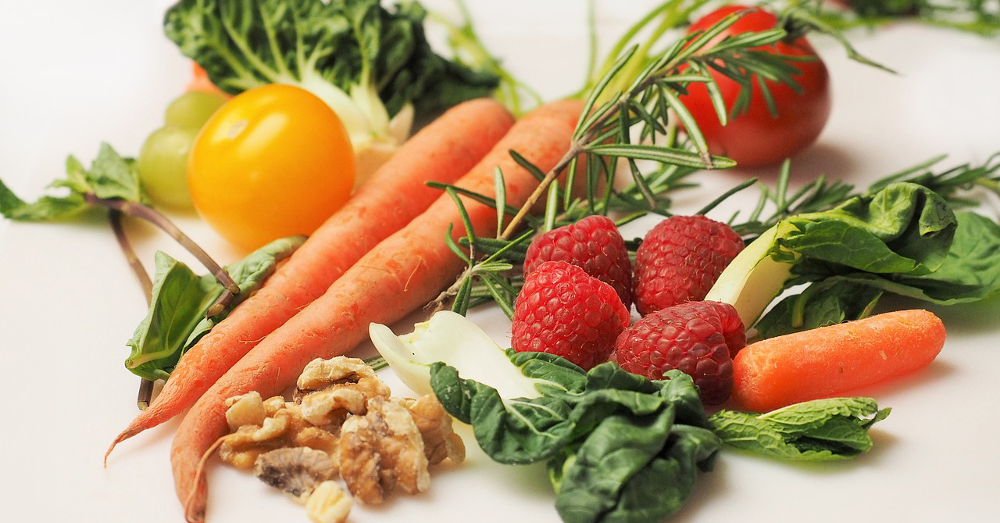
Why We Can’t Talk About Race in Food
Writers shine a light on relentless, coordinated efforts by internet trolls to silence race analysis in food writing.
June 27, 2017 | Source: Civil Eats | by Bonnie Tsui, Shakirah Simley, Stephen Satterfield, Dakota Kim & Tunde Wey
When journalist and author Bonnie Tsui wrote a New York Times op-ed recently asking, “Why is Asian salad still on the menu?” it struck a chord with many readers. In the piece, Tsui wrote:
In many American restaurants, the Asian salad is right up there next to the Greek salad and the Caesar salad. You might think this is progress—cultural inclusion on a menu. And yet the Asian salad is often the one that comes with a winky, jokey name: Oriental Chop Chop. Mr. Mao’s. Secret Asian Man. Asian Emperor. China Island. Chicken Asian Chop Chop. Chinese-y Chicken…
The casual racism of the Asian salad stems from the idea of the exotic—who is and isn’t American is caught up wholesale in its creation. This use of “Oriental” and “Asian” is rooted in the wide-ranging, “all look same” stereotypes of Asian culture that most people don’t really perceive as being racist. It creates a kind of blind spot.
Although many readers shared the piece, and thanked Tsui for her insight, she was also barragedwith anger and criticism. And she isn’t alone. In recent years, writers who dare to look critically at the way food and race intersect have often been trolled, degraded, and threatened on and off of social media. At Civil Eats, we have focused on food justice and the intersection of food and race since our inception and have also experienced this disturbing growing trend in reaction to our stories. We invited Tsui and several others writers to weigh in about the increasing and seemingly coordinated efforts to silence their voices.
